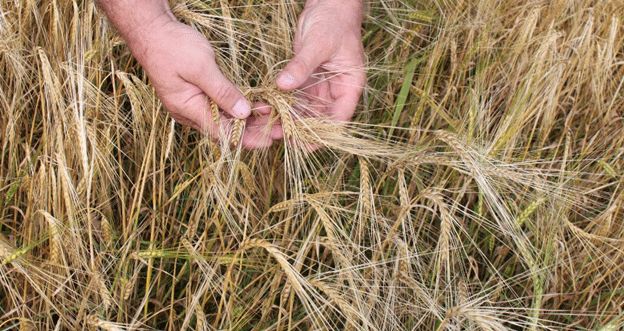In 2024, Russia’s wheat harvest saw a significant decline, but the cause was not the weather, as often assumed. According to Arkady Zlochevsky, head of the Russian Grain Union, the primary reason for this drop is the steep decline in investments in wheat production. At a recent conference titled “Agroinvestor: PRO Crop Production,” Zlochevsky emphasized that while adverse weather is frequently blamed for poor yields, the real culprit is a lack of financial resources in the sector.
In 2023, investments in wheat cultivation fell drastically. According to data from Rosstat, capital investments in wheat production totaled just 1.3 billion rubles in 2023, compared to 6.2 billion rubles in 2022. This is a dramatic drop and a key factor behind the lower wheat yield in 2024. Investment in the broader agricultural sector remained relatively stable, amounting to 133.7 billion rubles in 2023, up slightly from 131.3 billion rubles in 2022. However, the wheat industry was particularly hard-hit by this downturn in financial support.
Zlochevsky dismissed claims that weather conditions, such as droughts and late frosts in May, were the primary cause of reduced yields, stating that such events are common and recurring in Russia. Instead, he pointed to the decline in technological innovation and modernization in wheat farming as a direct consequence of falling investments. As funding for new equipment, fertilizers, and advanced farming techniques dries up, productivity in the sector declines, leading to smaller harvests.
The decrease in investment in wheat production is a worrying trend for Russia, a country that has long been one of the world’s largest wheat exporters. Without sufficient financial backing, the sector risks losing its competitive edge in the global market. Moreover, the shrinking investment pool could make it harder for Russian farmers to adopt innovative technologies that could boost yields and reduce the environmental impact of farming.
In conclusion, while weather events are often blamed for poor harvests, the real issue facing Russia’s wheat production is a significant drop in investment. Without adequate financial support, technological advancements in the sector are stalling, and farmers are struggling to maintain productivity. If these investment trends continue, the future of Russia’s wheat industry may be at risk.
Error





